
CBRE declares Union Budget 2016-17 high on expectations
As the Union Budget 2016-17 draws closer, India’s real estate…

As the Union Budget 2016-17 draws closer, India’s real estate…
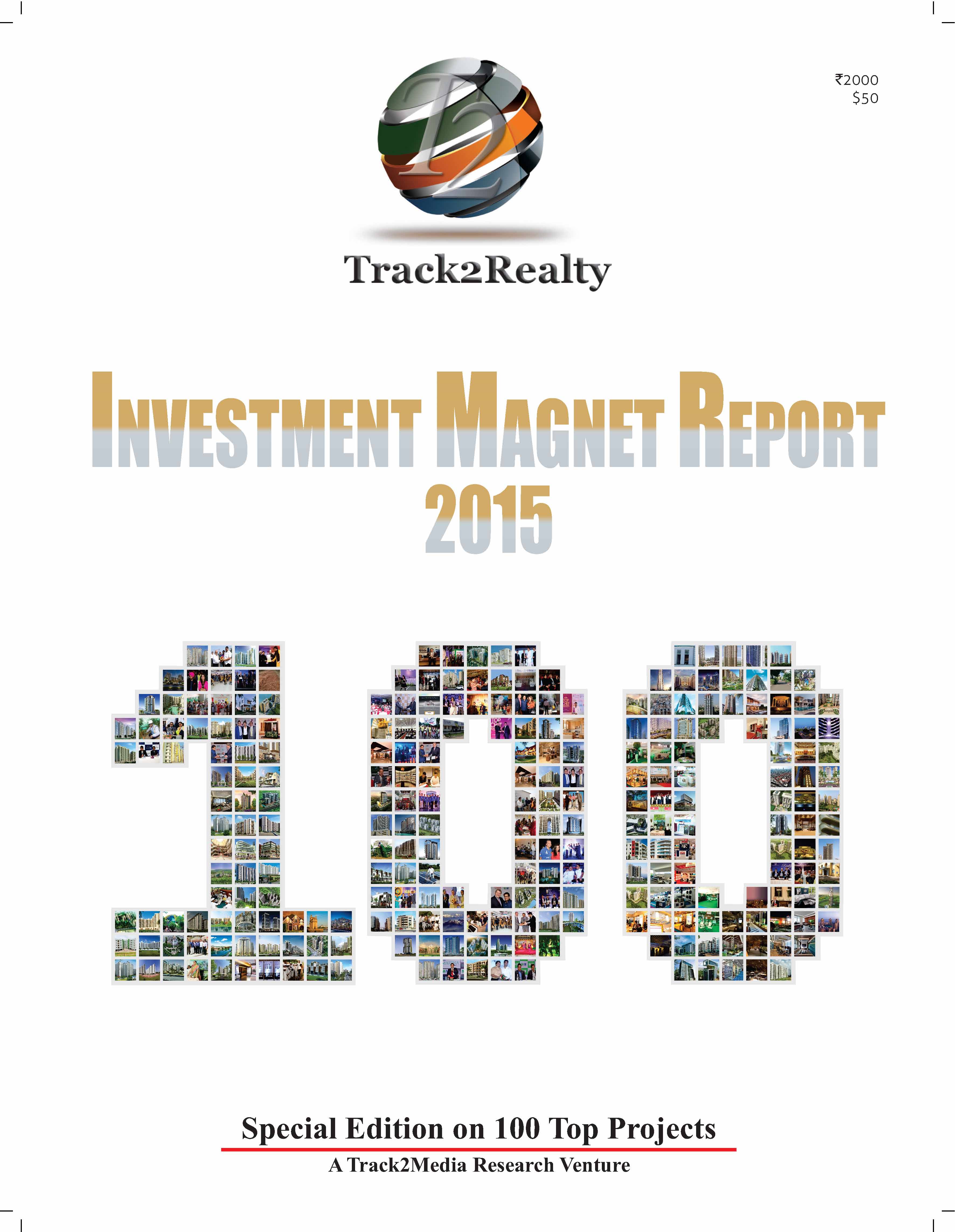
A house hunt has always been tedious and challenging for anyone in this country. Imagine the travails of finding 100 apartments to live in. Yes! This has been the thought process when the editorial team of Track2Realty embarked on a journey to find 100 best housing projects relevant for investment in the year ahead.

To say that the year 2015 has not been very excisiting for the real estate market across the Mumbai Metropolitan Region (MMR) would be stating the obvious. The slowdown in the macro-economy, wait & watch by the homebuyers in the property market, relatively higher cost of borrowing till late and fate of reforms oriented policies hanging in uncertainty all collectively dampenend the property market in India’s financial capital. Will the year 2016 be any different?

Today, the world sees India as a land of opportunity for business and investment. RBI head Raghuram Rajan said in mid-September that while fellow BRICs have deep problems, India appears to be an island of relative calm in an ocean of turmoil.
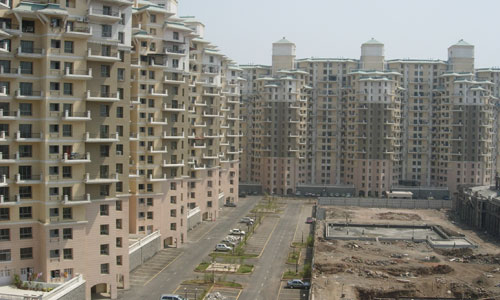
When a broker recently suggested Himanshu Kapadia that he should better invest in Ulwe, Dronagiri or Nerul of Navi Mumbai this engineer thought the greedy broker is selling the properties out of which he could make more brokerage. There was nothing common between these three locations and even in terms of price point of the residential properties the three given markets had a different profile.
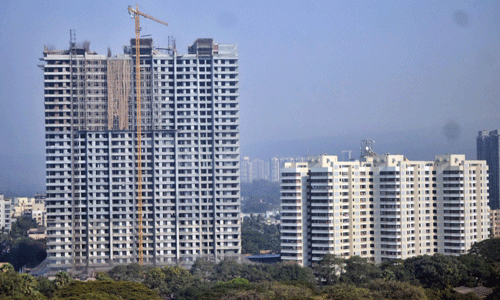
Haryana Government would like to address it as pro-farmer move, the real estate sector would like to hail it as investment friendly and others within the built environment of real estate would like to call it a step that would bring to the market more supply and hence affordability.

The year 2015 should have been the year of realization that the days of creating ghost cities with inventory for investors is over. The greedy investor is no more interested in blocking his money with a business where the returns in any of India’s major housing market is not more than six per cent today.
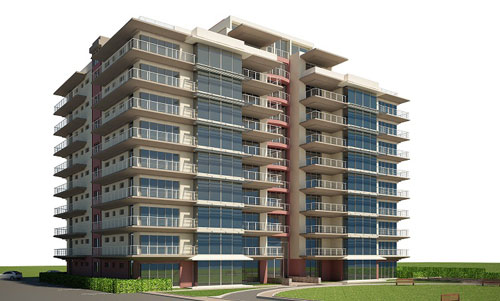
india realty news, india real estate news, real estate news india, realty news india, india property news, property news india, india news, property news, real estate news, India Property, Delhi NCR real estate
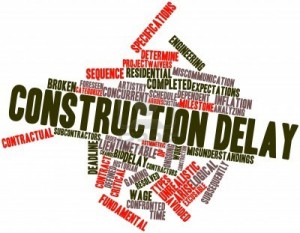
One-sided builder-buyer contract, late delivery of the possession and poor quality of construction is an accepted reality in the Indian real estate. A prominent developer in Noida Extension is reportedly forcing its buyers to sign the modified apartment buyer contracts with extended possession date and reduced penalty for delay in handing over the apartments. “Otherwise, we are ready and willing to refund the entire booking amount along with 11 per cent interest, without any deductions,” says the forwarding of the letter sent to the buyers.

From being the governance wild child to maturing into a market influencer, India’s real-estate sector has transformed in the past decade, with a paradigm shift from family owned businesses to corporates along with a few companies listing on stock exchanges. The change began with the government opening doors to Foreign Direct Investment (FDI) in 2005 and then welcoming the next wave of stability as corporate houses brought image restoration for the sector. Led by corporate entities, realty companies soon adopted corporate governance wherein transparency began to trickle down into the system as a norm slowly.
